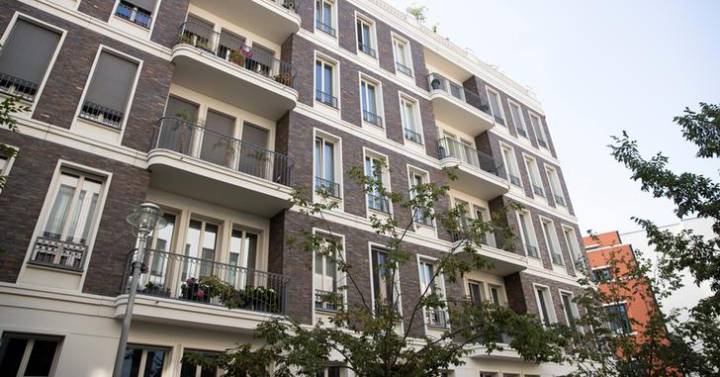European property prices are skyrocketing again and agencies are concerned. But the threat is more social than financial. In February, the ECB called housing markets a “key vulnerability” for banks. Regulators in Germany and Switzerland have asked banks to set aside additional funds to protect themselves from mortgage losses. The Bundesbank considers that housing may be 10%-30% overvalued relative to economic fundamentals, such as household income.
The figures seem alarming. House prices in the EU were 9% higher than a year earlier in the third quarter of 2021. In Germany, they are almost 90% more expensive than a decade ago, according to UBS. In the United Kingdom they rose almost 11% in 2021.
But there is no typical red flag for financial stability: excessive leverage. Mortgage growth has lagged behind housing growth, according to the ECB. The average loan-to-value ratio of new German mortgages fell below 80% in 2021, from 82% in 2019. Only 3% of new UK mortgages had a loan-to-value ratio greater than 90 % in 2021, according to the Bank of England, compared to 5% in 2019 and 14% in 2007.
If debt isn’t the main driver of the rise, buyers must be putting up higher cash payments. That fits the data: Purchases by current owners, who tend to hold most of the capital, soared in 2020-21, according to the Bank of England, which believes a “race for space,” fueled due to the change to work at home, explains 50% of the recent rises. That is, rich owners opt for a larger apartment. If prices fall, perhaps due to higher rates, banks have more cushion.
The problem is that the boom is leaving behind the young and the less well-off. The lack of residential net worth makes it even more difficult for them to access a flat. Unfortunately, bank regulators can’t do much about inequality.
The authors are columnists for Reuters Breakingviews. The opinions are yours. The translation, by Carlos Gómez Abajo, is the responsibility of Five days
–


